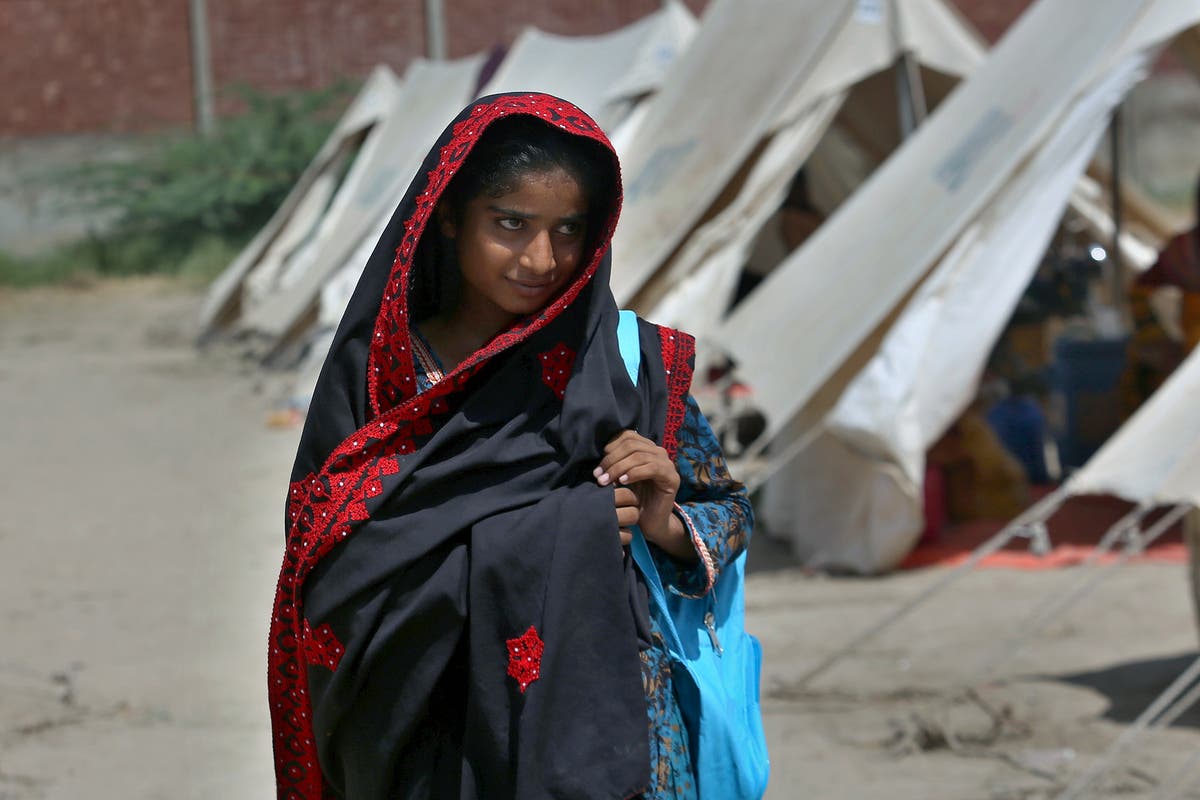Protests have stymied gas production in the Netherlands that could replace most of Russia’s supply to Germany
This winter may see Europeans freezing to death, unable to heat their homes as natural gas supplies dwindle. Unemployment and bankruptcies will soar, as companies find themselves unable to cover their costs due to high energy prices. Germany’s vaunted chemical industry, heavily dependent on natural gas feedstock, is likely to wither on the vine. An economic and social disaster reminiscent of the 1930s is possible. The word “deindustrialization” is becoming real.
And yet, as Bloomberg reports:
Beneath the windmill-dotted marshlands of the Netherlands lies Europe’s largest natural gas reserve. The sprawling Groningen field has enough untapped capacity to replace, as soon as this winter, much of the fuel Germany once imported from Russia.
Instead the field is in the process of shutting down, and the Netherlands is rebuffing calls to pump more, even as Europe braces for perhaps its toughest winter since World War II. The reason: Drilling has led to repeated earthquakes, and Dutch officials are loath to risk a backlash from residents by breaking promises.

Groningen Gas Field
There is about 450 billion cubic meters of gas, worth a trillion dollars, available now and expansion is possible raising that by 50%. But extraction of the gas has caused subsidence and earthquakes that have damaged some homes in the area:
Wilnur Hollaar, 50, who’s lived in Groningen for almost two decades, is still seething over the way officials ignored his concerns. “When I bought this house in 2004, it was a palace,”
Hollaar says of his home, which was built in 1926 and features stained-glass windows and detailed stonework. But like thousands of homes in the area, it’s been damaged by quakes; it’s full of cracks and the facade is sinking. “My house has turned into a ruin,” he says.
That’s a shame, and Mr. Hollar has my sympathy. But instead of receiving overly generous compensation allowing him to buy an even nicer home, people are going to freeze to death or have their lives ruined by unemployment. What about the “greater good” that utilitarians preach about?



